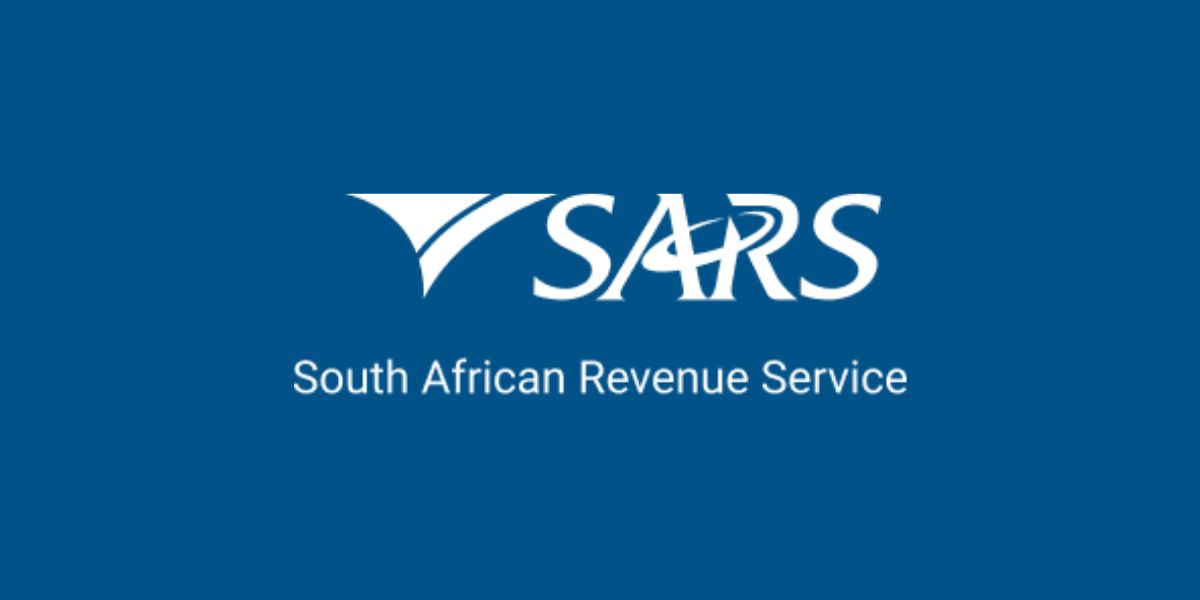The South African National Treasury released proposed legislation, on 4 July 2013, that seeks to limit interest deductions relating to debt owed by South African subsidiaries to foreign parent companies.
The purpose of the proposed legislation is to limit the loss of South African revenue caused by excessive debt between cross-border members of the same economic group. This, together with cross-border payments for services, royalties or insurance premiums, is seen as a major form of base erosion that needs to be countered by effective legislation.
Under the proposal, interest deductions from debts of this kind generally cannot exceed 40 percent of the South African company’s taxable income. Interest deductions above this threshold can be carried forward to subsequent years.
Distributions relating to hybrid instruments that have the form of debt instruments but in substance are equity capital would be treated as dividends and not eligible for a tax deduction. The current legislation is seen as ineffective in dealing with these instruments. The weakness of the current law allows taxpayers to obtain a tax deduction in South Africa on the payment while there is no corresponding tax liability in the other jurisdiction because the receipt is treated there as a dividend.
Revised rules would mainly target non-redeemable debt that can be converted into shares at the instance of the company issuer, debt with yields that are not interest-related, and debt with repayment terms or yields conditional on the solvency of the company issuer. The proposed rules would simply deem interest to be dividends for both the issuer and holder if the instrument has these characteristics.
There will be exemptions for regulatory hybrid debt subordinated hybrid debt of long-term and short-term insurers, and private and unlimited liability debtor companies owing sums to resident individuals.
With regard to connected person debt, and particularly debt owed to untaxed entities within the same corporate group, even if an instrument has no equity features, excessive debt between the entities is a concern to the tax authority.
The aggregate deductions for interest associated with debt between certain entities of the same group will be limited regardless of the terms associated with that debt. There will be measures to combat arbitrage by providing that if a company pays interest to another entity within the same group and the interest is untaxed (or taxed at a lower rate) when received or accrued by the other entity, the interest will be subject to a limitation. The interest limitation will also apply if the untaxed group entity guarantees or provides other security in respect of debt owed by the company debtor.
In either of these circumstances, the deduction for interest paid or incurred in respect of the debt will be limited to 40% of the debtor’s taxable income. If interest paid or incurred on debt between group entities exceeds the limitation, the excess can be carried forward for up to five years.
Excessive intragroup interest or debt could be eliminated by transfer pricing adjustments, but the general restrictions on debt now being proposed will reduce the need for transfer pricing adjustments and a safe harbour is being considered to add to the transfer pricing rules. This could save compliance costs for the tax administration and for the taxpayer.
In order to fall within this potential safe harbor, interest on connected person cross-border debt must not exceed 30% of taxable income (with no adjustment for other interest received, accrued, interest paid or incurred); and the interest rate must be a market rate taking into account the currency denomination of the loan.
Under current law, acquisition debt is subject to discretionary limitations as determined by the South African Revenue Service (SARS). These limitations are designed to target potential base erosion caused by excessive debt (where the interest eliminates taxable profits for years to come) and hybrid debt (particularly mezzanine and subordinated debt, containing an escalating number of equity features).
The discretionary system is now to be terminated in favor of a more substantial set of rules. Under the new system, debt used for the acquisition of the assets of target companies will be subject to a fixed overall limitation roughly comparable to the 40% untaxed group entity limitation mentioned above.













